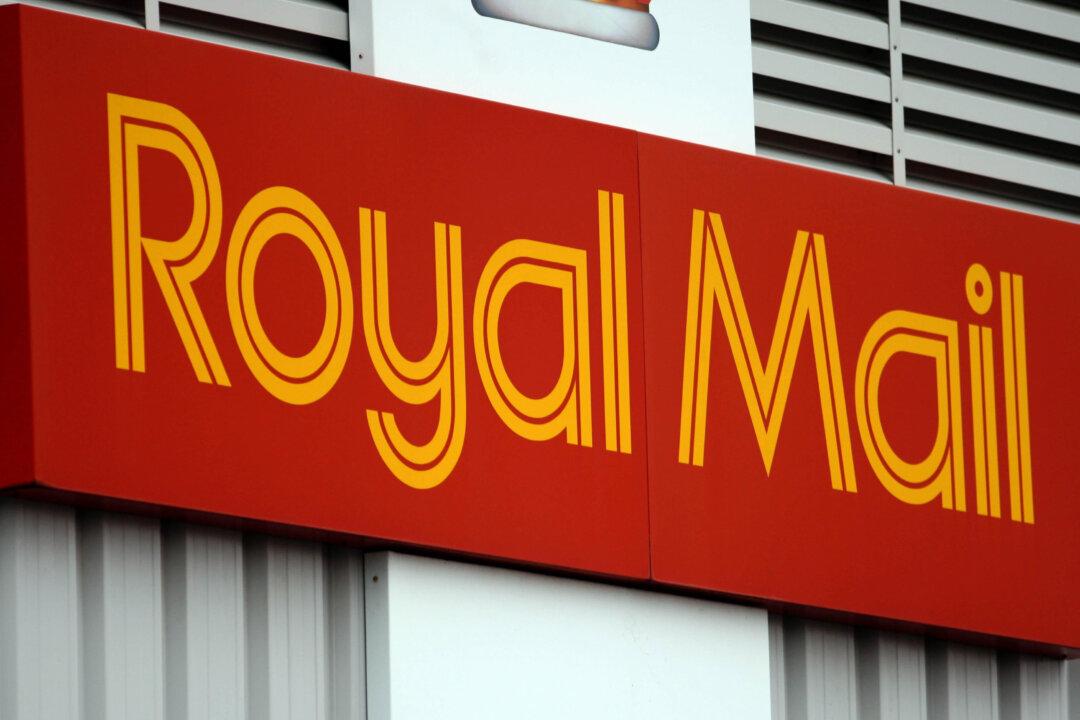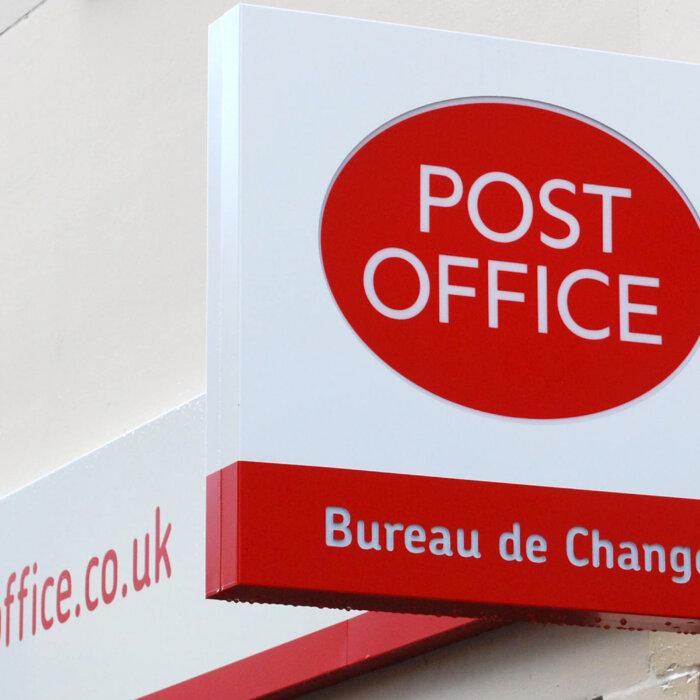The owner of the Royal Mail has agreed to sell the business to Czech billionaire Daniel Kretinsky for £3.57 billion.
International Distribution Services (IDS)—which owns Royal Mail—said the deal with Mr. Kretinsky’s EP Group would be put to shareholders in September but the board would be recommending the sale.
The offer values shares in IDS at 370 pence each, 360p in cash and 10p in share dividends.
Shares in IDS jumped to 333p a share on Wednesday morning trading on the London stock exchange.
Mr. Kretinsky, 48, owns several football clubs, including Sparta Prague in the Czech Republic and he has a 27 percent stake in English Premier League club West Ham United.
Dubbed the “Czech sphinx” because of his inscrutable style, Mr. Kretinsky made his money in the energy industry, and has assets in Britain, Germany, Italy, Slovakia, the Czech Republic and the Netherlands.
Among the companies he owns is Eustream, which moves Russian gas via pipelines running through Ukraine, the Czech Republic and Slovakia.
The Royal Mail transports more than 10 billion letters and parcels in Britain and is contractually committed to delivering to every household in the country, even those in remote parts of Scotland and Wales which would not be commercially viable.
As part of the EP Group’s offer, it includes “contractual commitments and intentions” to protect the Royal Mail’s public service remit.
This will include an obligation to deliver first-class post six days a week with the same price for a stamp to any destination. It will also keep the company’s branding and UK headquarters.
IDS Chairman Keith Williams said both parties were, “acutely aware of their responsibilities to IDS and particularly to the unique heritage of Royal Mail and its obligations as the designated universal service provider of postal services in the UK.”
He said, “The IDS board has negotiated a far-reaching package of legally binding undertakings and commitments which provide our customers, employees and broader stakeholders with important safeguards.”
Business Secretary Kemi Badenoch met IDS bosses earlier this month to ensure the public service remit was retained.
Until 2012 the Royal Mail and the Post Office was a single, state-owned group but the Conservative-Liberal Democrat coalition split them and then privatised the Royal Mail.
Sixty percent of the Royal Mail’s shares were floated on the stock exchange in 2013 and by the end of 2015 the government had sold off its remaining shares.

In the last year the Post Office has come under intense criticism for its handling of the private prosecution of postmasters.
Around 700 postmasters and sub-postmasters were wrongly accused of fraud because of an error in the Post Office’s Horizon accounting software, made by Fujitsu.
A four-part TV drama about the scandal—“Mr. Bates vs. the Post Office”—was watched by millions and led to a huge public and political reaction, which led to former Post Office Chief Executive Paula Vennells handing back her CBE and the government announcing it would push through legislation to exonerate all the postmasters involved.
The government, as the sole owner of the Post Office, is expected to pay compensation.
Last week Ms. Vennells broke down in tears while giving evidence to the Horizon public inquiry.
The potential sale has already attracted heavy scrutiny, with senior politicians and unions voicing concerns over the future of the postal service, which was privatised in 2013.
On Wednesday, shadow business secretary Jonathan Reynolds said: “Royal Mail is an iconic British institution with a unique place in our society and infrastructure. Labour will take the necessary steps to safeguard its undeniable identity and place in public life.”
“These assurances are welcome that Royal Mail will retain its British identity and safeguard its workforce with no compulsory redundancies,” he added.







